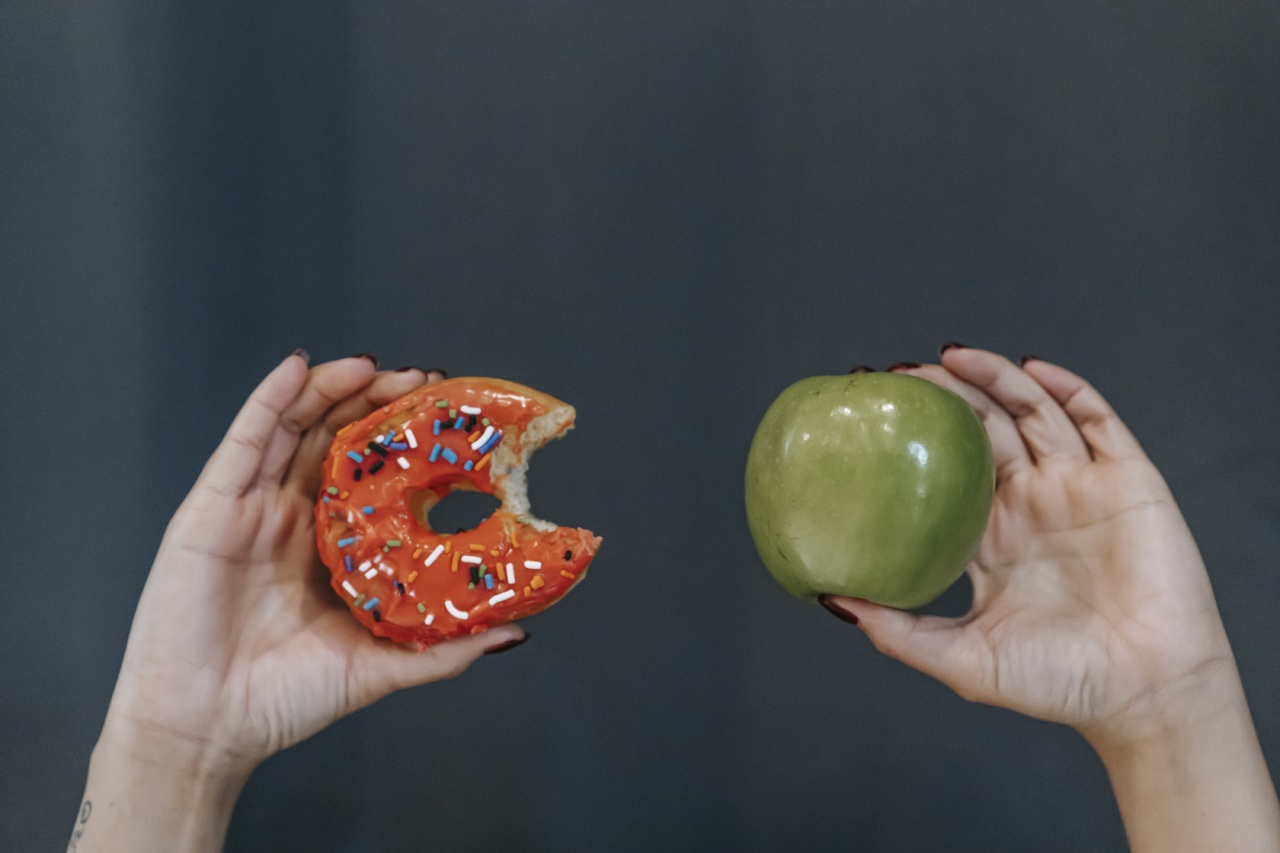When looking for healthy options at the grocery store, many people turn to low-fat and sugar-free products. However, not all low-fat and sugar-free products are created equal.
In this article, we’ll take a closer look at these products and what you need to know before adding them to your diet.
What Are Low-Fat Products?
Low-fat products are foods that have had some or all of their fat removed. This can be done through a variety of methods, such as skimming off fat during the production process or replacing fat with other ingredients.
While low-fat products may seem like a healthier option, they aren’t always the best choice.
Many low-fat products contain added sugar or other ingredients to improve their taste, which can actually make them less healthy than their full-fat counterparts.
What Are Sugar-Free Products?
Sugar-free products are foods that have had the sugar removed or replaced with a sugar substitute. These products are often marketed to diabetics or those looking to lose weight.
While sugar-free products may seem like a healthier option, they also have their drawbacks. Many sugar substitutes have been linked to negative health effects, such as headaches and digestive issues.
Additionally, sugar-free products often contain more calories than their regular counterparts, as the sugar is replaced with other ingredients to preserve taste and texture.
What Should You Look for in Low-Fat and Sugar-Free Products?
When shopping for low-fat and sugar-free products, it’s important to read the nutrition label carefully. Look for products that have minimal added ingredients, and avoid those with added sugar or sugar substitutes.
Additionally, it’s important to keep in mind that some fats are actually beneficial for your health. Mono- and polyunsaturated fats, found in foods such as avocados and nuts, can actually help lower cholesterol and improve overall heart health.
Are Low-Fat and Sugar-Free Products Healthier Than Their Regular Counterparts?
The answer to this question depends on the individual product in question. While some low-fat and sugar-free products may be healthier choices than their regular counterparts, many are not.
For example, a low-fat yogurt may be a healthier option than a regular yogurt if it contains minimal added sugar and is made from whole, natural ingredients.
However, a low-fat cookie is still a cookie, and likely contains added sugar and other unhealthy ingredients to make up for the lack of fat.
Similarly, a sugar-free soda may seem like a healthier option than a regular soda, but it still contains a variety of artificial ingredients that can have negative health effects.
What Are Some Healthy Alternatives to Low-Fat and Sugar-Free Products?
If you’re looking for healthy alternatives to low-fat and sugar-free products, there are plenty of options available.
For example, instead of low-fat cheese, opt for a small serving of full-fat cheese made from whole, natural ingredients. Instead of sugar-free cookies, try a piece of fruit or a small serving of dark chocolate.
And instead of sugar-free soda, opt for water, herbal tea, or a small glass of 100% fruit juice.
Conclusion
Low-fat and sugar-free products can be a healthy addition to your diet, but it’s important to choose wisely. When shopping for these products, read the nutrition label carefully and look for products with minimal added ingredients.
And remember, some fats and sugars are actually beneficial for your health, so don’t be afraid to enjoy them in moderation.






























